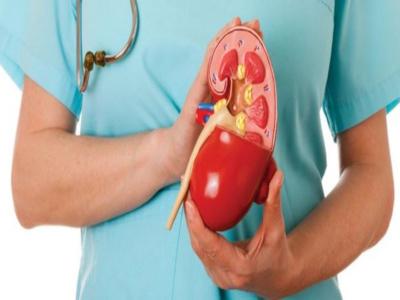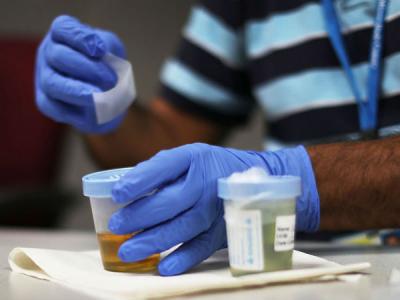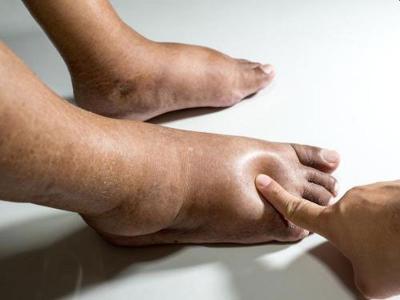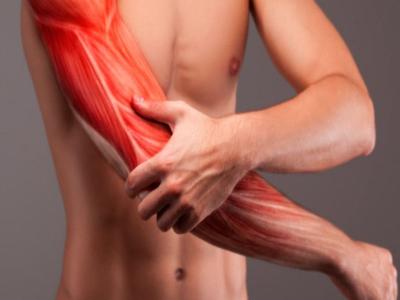IN PICS! Early symptoms of kidney failure: Identify and prevent some early signs of swelling and fatigue in the body
By Lokmat English Desk | Published: April 16, 2021 05:37 PM2021-04-16T17:37:50+5:302021-04-16T17:37:50+5:30

The only way to know if you have kidney disease is to monitor mild symptoms. You should be more careful if you have high blood pressure, diabetes, family history of kidney damage or if you are over 60 years of age. \

Be cautious if you are over-tired, have low energy, or are having trouble concentrating. Severe decrease in kidney function can lead to build up of toxins and impurities in the blood. This can cause people to feel fatigued, weak, and make it harder to concentrate.

When the kidneys do not filter properly, toxins remain in the blood rather than leaving the body through urine. This can make it difficult to sleep. Sleep apnea is more common in people with chronic kidney disease than in the general population.

Kidneys remove waste and excess fluids from the body, help build red blood cells, help keep bones strong and work to maintain the correct amount of minerals in your blood. Dry and itchy skin can be a sign of mineral and bone disease that often accompanies advanced kidney disease.

If you feel the need to urinate more often, especially at night, it can be a sign of kidney disease. When kidney filters get damaged, it can cause an increase in urination. Sometimes it can also be a sign of a urinary infection or enlarged prostate in men.

You see blood in your urine. Healthy kidneys usually keep blood cells in the body when filtering waste materials from the blood to make urine, but when the kidney filters get damaged, these blood cells can begin to "leak" into the urine. In addition to signs of kidney disease, blood in the urine may be a sign of a tumor, kidney stones, or infection.

Impaired kidney functioning can lead to sodium retention, which can cause swelling in your legs and ankles. Inflammation in the lower extremities can also be a sign of heart disease, liver disease and chronic leg vein problems.

Low appetite is a very common symptom of kidney disease. One of the reasons may be that kidney work is affected and the build up of toxins in the body.

Electrolyte imbalance can result from impaired renal function. For example, low calcium levels and poorly controlled phosphorus can contribute to muscle spasms.

















